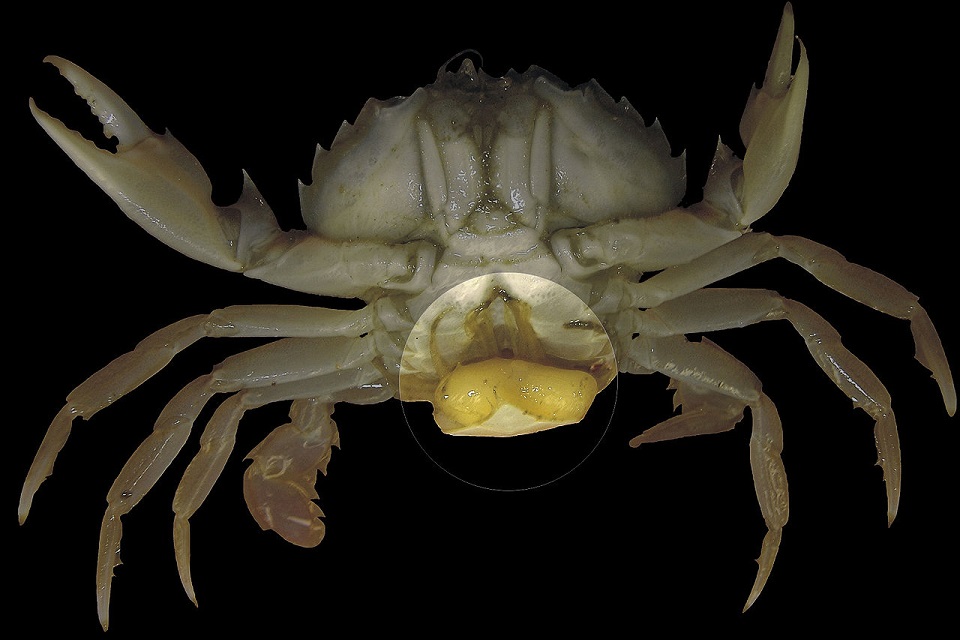Debunking the Selfish Gene
In this essay, I will explain the core error in Richard Dawkins’ notion of the selfish gene, and explain how it is related to group selection theory. This is about biological purpose: what it is, and what has it. I will compare and contrast three theories of biological purpose: Phenocentric Theory: The organism (more precisely, the reproducing unit) is the locus of biological purpose. The purpose of life is to reproduce. An organism is a reproducing machine. Species-centric Theory: The species is the locus of biological purpose. The purpose of life is to perpetuate the species. An organism is a species-perpetuation machine. Genocentric Theory: The gene (nucleotide sequence) is the locus of biological purpose. The purpose of life is to perpetuate genes. An organism is a gene-perpetuation machine. The selfish gene concept is part of the genocentric theory, which is Dawkins’ view. He believes that organisms are gene-survival machines. The species-centric theory is often called ...



